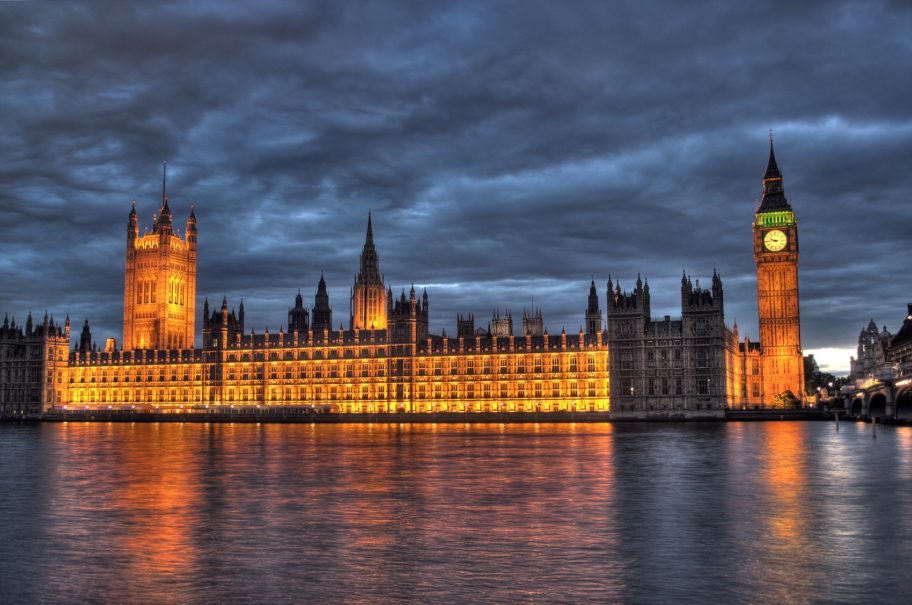All Change….
2016 has been a year of political upheaval that not many predicted. First Brexit and the political fallout that ensued, now Trump. Some see it as the beginning of the end, some as liberation…what doesn’t change is the release of the Autumn statement.
New CFO of UK PLC….
With Phillip Hammond now at the helm of the UK’s finances, his first Autumn statement was hotly anticipated.
Why bother guessing….
And the run up to the statement release has not made it easy to predict. Following an initial stance that we would not be clearing the deficit by 2020, leading many to believe a loosening of the purse strings, the Chancellor announced just days before the release of the statement on the BBC that the debt was ‘eye-watering’ and that welfare and spending cuts ‘would go ahead’.
To the point & the impact to you is…..
But what was actually announced and what does it mean for you?
Well, we’ve been crunching the numbers since the announcements were made to work out what the impact is for you and your business and where possible (unlike others) we have tried to put the impact into pounds and pence.
Business Summary:
FLASH – most businesses will need to keep digital records and submit quarterly updates by 2018. Next Level Business clients are already digital and well positioned for this ‘making tax digital’ transformation so we will be focusing on advising you and making the most of your business whilst others run around trying to catch up. For everyone else, talk to your accountant now.
Positives
- Lower Corporation Tax – from 20% to 19% starting 1 April 2017, 17% starting 1 April 2020. As low as 10% from 1 April 2017 for profits derived from patents.
- Increase in Personal Allowance – for owner managers this useful increase from £11k this year to £11,500 next year from April 2017 and £12,500 by 2020 helps along with the increase in the higher rate threshold from £43,000 to £50,000 by 2020 will give more room for dividends at the lower tax rate which we support and will save £1,750 per director when maxing out the basic rate band compared to the current regime.
- Extra R&D Funding – extra £2bn up to 2021 available for both businesses and universities and will apply to projects such as robotics, artificial intelligence and industrial bio technology. Also a commitment to review ways to build on the current R&D tax credit scheme which is a valuable relief for many small businesses.
- Additional Export Support – doubling of support for expoting as the government looks to make it easier for British companies to trade abroad. This extends the export credit guarantee and increases the pre-approved currencies for which UK Export Finance offers support from 10 to 40. Clearly though knowing how to access this support is still critical.
- Fuel Duty Frozen – confirmation that the fuel duty rise for next year will be cancelled for the seventh year in a row. Good news for businesses with high transport or fuel costs.
- Green Transport – beneficial changes to the capital allowances regime on items such as electric cars and confirmation of support of these new technologies by excluding them from the changes to salary sacrifice schemes
Negatives
- Increase National Living Wage – employers from April 2017 will need to ensure compliance wit the rise from £7.20 to £7.50 per hour as employment costs for small businesses increase again.
- Increase in Employers National Insurance – in a small double hit for employers National Insurance thresholds have been made the same for employers as employees. We reckon the business cost will be £7.18 per employee per year.
- Salary Sacrifice Restrictions – if it is not an ‘approved’ expense such as pensions, childcare, cycle to work and ultra low emission cars then its out. We think it was the bigger businesses who most of the gain from the old regime due to large benefits and HR teams so we think the impact on most small businesses won’t be too large however we don’t like the reduction in incentivisation flexibility generally.
- New VAT Flat Rate – a new 16.5% rate comes into force 1 April 2017 for businesses with limited costs, such as consultants, contractors and professional service firms. That means you will generally keep 2.5% less than the previous 14% impacting those businesses straight in the pocket with a £50,000 turnover business being hit for around £1,200.
- Increase in Insurance Premium Tax – this stealth tax went up from 10% to 12% from 1 June 2017 slightly increasing costs of running a business when you are appropriately covered. Cost c.£10-30 per annum for your average small business.
Personal Summary:
Positives
- Increase in Personal Allowance – trying not to repeat outselves from above this useful increase from £11k this year to £11,500 next year from April 2017 and £12,500 by 2020 helps everyone with the increase in the higher rate tax threshold from £43,000 to £50,000 by 2020 this will cut the number of people falling into higher rate tax in our opinion and could save a current £50k p.a. employee around £1,400 per year in tax
- Increase National Living Wage – low earners or those just starting out from April 2017 will see a rise from £7.20 to £7.50 per hour.
- Tax-free Childcare – introduced in early 2017. This will provide savings of up to £2,000 per child.
- Savings Bond – a new savings bond will be announced with an expected interest rate of 2.2% over 3 years and upto a £3,000 deposit.
- Every little helps – in this bucket we have tax relief for those who buy and sell on a small scale (think car boot and ebay) from April 2017 the first £1,000 will not be taxable. Same story with the first £1,00 of property income such as letting your room via a website, airbnb anyone?
- Renters Relief – a ban on agents directly charging renters upfront fees however we predict this could find its way back to renters with higher rents in the medium term but we don’t mind hurting estate agents short term!
Negatives
- Money Purchase Allowance – will be reduced to £4,000 to prevent double tax relief requiring more care when considering future retirement and pension planning.
- Employment Benefits – these may be cut or come under pressure as the removal of salary sacrifice on almost everything but pension, childcare, cycle to work and ultra low emission cars.
- Increase in Insurance Premium Tax – this stealth tax went up from 10% to 12% from 1 June 2017 slightly increasing costs of insuring cars and homes for the majority. An average single home single car insurance example could cost around £20 extra a year.
What next…..
More detail with unfold in due course and our mobile app will get updated with the latest news, rates and calculators over the coming days for those who like to punch in the figures and see the impact.
We still think the Limited company status and benefits remain strong for small businesses of all shapes and sizes if well setup and it is now more important then ever to plan. Contact us if you want to have a review or tax planning session.





